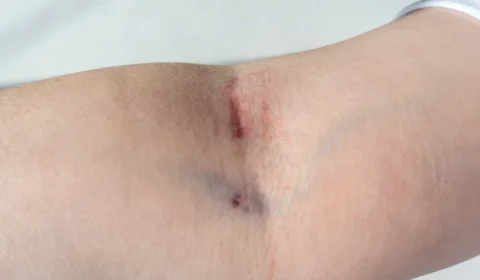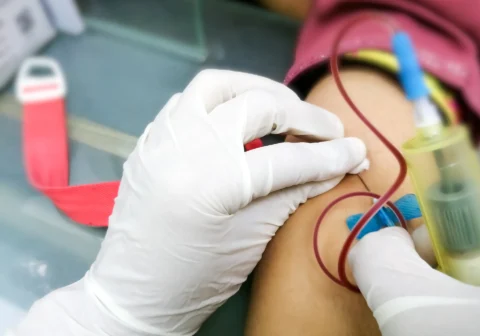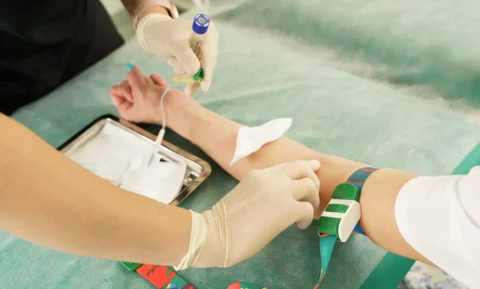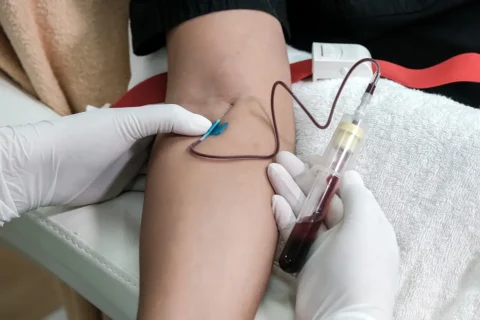Laser hair removal is one of the most popular cosmetic treatments in the country. With thousands of these procedures being administered each month, it’s important for medical spas and aesthetic centers to maintain safety and quality. There is no single entity that governs laser technicians across the United States, but most states have their own laws regarding the procedure.
So what are the different standards and training requirements for laser hair removal technicians? Requirements vary from state to state, with some requiring you to undergo a certification exam. Undergoing a training course can help you prepare for these state-regulated examinations. Make sure you choose courses from credible and qualified institutions.
Licensing Requirements for Laser Hair Technicians
Besides the Food and Drug Administration (FDA)’s regulations on equipment, no federal laws exist to regulate laser technicians and their training. Instead, most states have their own certification requirements. You’ll have to meet a training quota to be considered a candidate for state certification.
Training Requirements
Some states have more relaxed laws, with only the usual business ethics policies covering laser technicians. However, some states have mandatory training requirements for technicians to legally administer operations. For instance, Arizona requires technicians to undergo 40 hours of lectures on laser science, health and safety protocols, and patient care.
The state also mandates 24 cumulative hours of supervised hands-on laser therapy, plus another 24 hours of demonstrations for IPL and other laser therapies. Besides this, all creditable training hours should be done in a state-approved center.
Since the 2010s, more states have followed Arizona’s stricter requirements. Texas also has mandatory training hours as a requirement, based on the Texas Laser Hair Removal Statute. All laser hair removal technicians should have undergone 40 hours of state-approved training and performed 100 supervised laser procedures.
The components of laser training programs vary per state, but the following are the most common topics:
- Anatomy basics
- Laser equipment manipulation
- Laser science
- Machine maintenance
- Laser safety and aftercare
Before enrolling in a training program, you should check if the center is state-accredited. To be accredited, the training center should only have licensed specialists as instructors. Some courses are also considered continuing medical education, although corresponding hours vary per course. You can also ask about the transferability of the course credit to other states.
Certifications and Licenses
There are other states that place bigger responsibility on the establishment. In New York, the laser center should obtain a license to operate. No policies explicitly refer to licensing technicians, but establishments should ensure that all laser-operating staff has adequate training. The Division of Licensing Services also states that they don’t govern any appearance-enhancing services in the state.
In other places, laser hair removal treatments fall under the umbrella of medicine. This means that only healthcare providers—such as nurses, physician’s assistants, and doctors—can perform any laser hair removal treatments. In Ohio, even nurses and assistants should be routinely evaluated by a supervising physician.
Some medical professionals set up medical spas, or aesthetic centers that only have healthcare personnel as part of their team. These are subject to the same laws as small-time clinics and hospitals.
Educational and Professional Background
Many states require a license, but applications may also be limited based on educational and professional experience. In all states, technicians should at least have a high school diploma or a general equivalency diploma (GED). State-accredited training centers will require proof of these before allowing an individual to enroll in one of their programs.
The Medical Board of California oversees all cosmetic laser treatments, as well as cosmetic injectables. Any of these operations are considered medical, and only doctors are allowed to administer them. However, nurses or assistants can directly manipulate equipment with the supervision of a physician.
In states where a health-related degree isn’t required, you’ll still have to undergo courses about laser technologies. These courses should come with a certificate. The certificate and accompanying records will prove that you’ve finished all required topics and demonstrated the necessary skills to administer laser treatments.
Some colleges and universities offer associate degrees in more advanced laser-related fields. If you’re an aesthetician interested in the more technical side of things, you can look into programs for optics or laser technology. Medical personnel who delve into these programs can work for companies that produce high-level laser tools.
Regulatory Approvals for Laser Hair Removal
Some of the boards that release guidelines for laser hair removal include the American Spa Association (AmSpa), the American Board of Cosmetic Surgery (ABCS), and the American Board of Aesthetic Medicine (ABAM). These are all non-profit societies, and not all providers are members. However, they can be a good baseline for the safety and ethical standards of laser procedures.
The Food and Drug Administration (FDA) is a federal agency that has clear policies involving the legalities of laser technology. Some of their guidelines can help you determine the risks associated with your laser equipment. Your laser hair removal training will cover these FDA policies as part of a health and safety module.
Equipment Clearance
Aesthetic lasers fall under medical devices based on the FDA’s classifications. The FDA recognizes the legitimacy of laser hair removal, alongside other cosmetic treatments (scar and vein removal, wrinkle treatment, tattoo removal). It’s important to remember that the FDA only regulates the equipment and not the technicians’ activities—these fall under the jurisdiction of the state government.
If you’re handling an unfamiliar laser hair removal device, you should first check if it has an FDA approval seal. These may be on a seal in the product itself, or in accompanying product leaflets. You can also check for FDA approval on the manufacturer’s website. If you can’t locate any information, you can ask the FDA directly. The FDA has a searchable database that contains all registered manufacturers and medical devices on its website.
FDA Classifications
The FDA has a classification system for all laser products. This system is based on hazard and risk assessment. A laser device that receives a higher classification poses a greater risk to patients if not used properly.
There are 5 levels in the FDA classification for laser devices — classes I, II, IIIa, IIIb, and IV. All classes go through a lengthy evaluation process. Most laser hair removal devices have a class IIIb or IV label. You can check the product packaging or leaflets for more information. For training classes, you’ll be supervised at all times when handling these devices. You’ll also learn about emergency protocols in case of device malfunction.
FACE Med Store: Your Trusted Partner for Medical Supplies and Aesthetic Courses
If you’re thinking of getting training for laser hair removal, you should look for a quality provider or institution. Whether you go for a physical, online, or hybrid course, you must account for your learning style and goals. Additionally, instructors should cover all of the basic licensing and regulatory guidelines in their lectures. You should know how to safely administer a cosmetic laser procedure when you get the certificate.
At FACE Med Store, we have high-quality courses made with the help of licensed professionals. We’ll help you understand laser hair reduction, IPL therapy, dermal filler injections, mesotherapy, skin science, and more. To see all of our course offerings, you may browse our online store. You can also send us a message at info@facemedstore.com.






